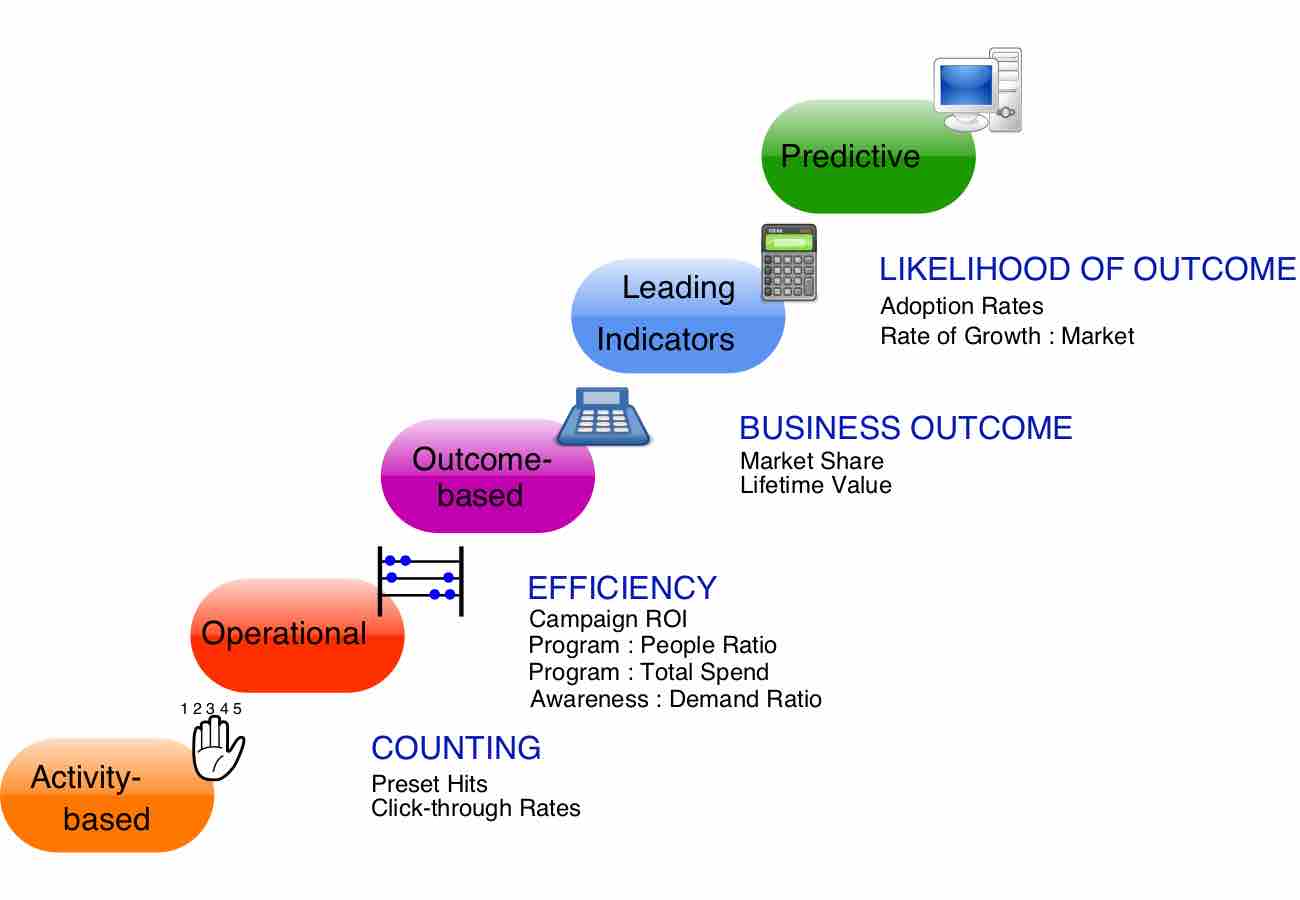Service Marketing Management & Metrics
Marketing management is a business discipline which is focused on the practical application of marketing techniques and the management of a firm's marketing resources and activities. Rapid globalization has led service providers to market beyond the borders of their home countries, making marketing management and metrics and integral part of implementing and measuring an effective marketing strategy.
Service Marketing Management
To create an effective, cost-efficient marketing management strategy, firms must possess a detailed, objective understanding of their own business and the market in which they operate. In analyzing these issues, the discipline of marketing management often overlaps with the related discipline of strategic planning.
After the firm's strategic objectives have been identified, the target market selected, and the desired positioning for the company, product, service or brand has been determined, marketing managers focus on how to best implement the chosen strategy. Traditionally, this has involved implementation planning across the "4 Ps" of marketing: product (or service) management, pricing , place and Promotion. A new P has been added making it a total of five P's. The fifth P is politics, which affects service marketing in a significant way.
Part of a service marketing manager's job is analyzing external influences and current marketing conditions that are directly or indirectly impacting the business. Tasks for marketing management may include conducting a competitor and value chain analysis, putting together a brand audit, and assembling qualitative and quantitative research. This research, along with an assessment of the business' own strengths and weaknesses, go into a marketing plan used to launch future marketing programs and initiatives. Overseeing the successful development and execution of the marketing plan falls under service marketing management roles.
Marketing Performance Metrics
Marketing management employs a variety of metrics to measure progress against objectives. It is the responsibility of marketing managers--in the marketing department or elsewhere--to ensure that the execution of marketing programs achieves the desired objectives in a cost-efficient manner. Marketing management therefore often makes use of various organizational control systems, such as sales forecasts, sales force and seller incentive programs, sales force management systems, and customer relationship management tools (CRM).
The marketing metrics continuum, shown here , provides a good framework for categorizing metrics. Metrics enable marketing professionals to justify budgets based on returns and to drive organizational growth and innovation. Some common metrics used to measure performance include lead to conversion rate, click-through rate and number of new opportunities (i.e., new business deals). Other elements of measurement include net sales billed, number of product or design registrations, brand surveys to measure brand awareness, the return on the investment, and website hits. Numeric data for these metrics can come from a variety of sources such as the service provider's website, and industry trade show, or word-of-mouth marketing. Marketers use these metrics and performance measurement as way to prove value and demonstrate the contribution of marketing to the organization.

Marketing Metrics Continuum
The Marketing Metrics Continuum provides a framework for categorizing metrics from the tactical to strategic. By navigating this metrics continuum, from Activity-Based to Predictive, marketers can move towards more effective marketing measurement and align measurement and metrics with business outcomes.